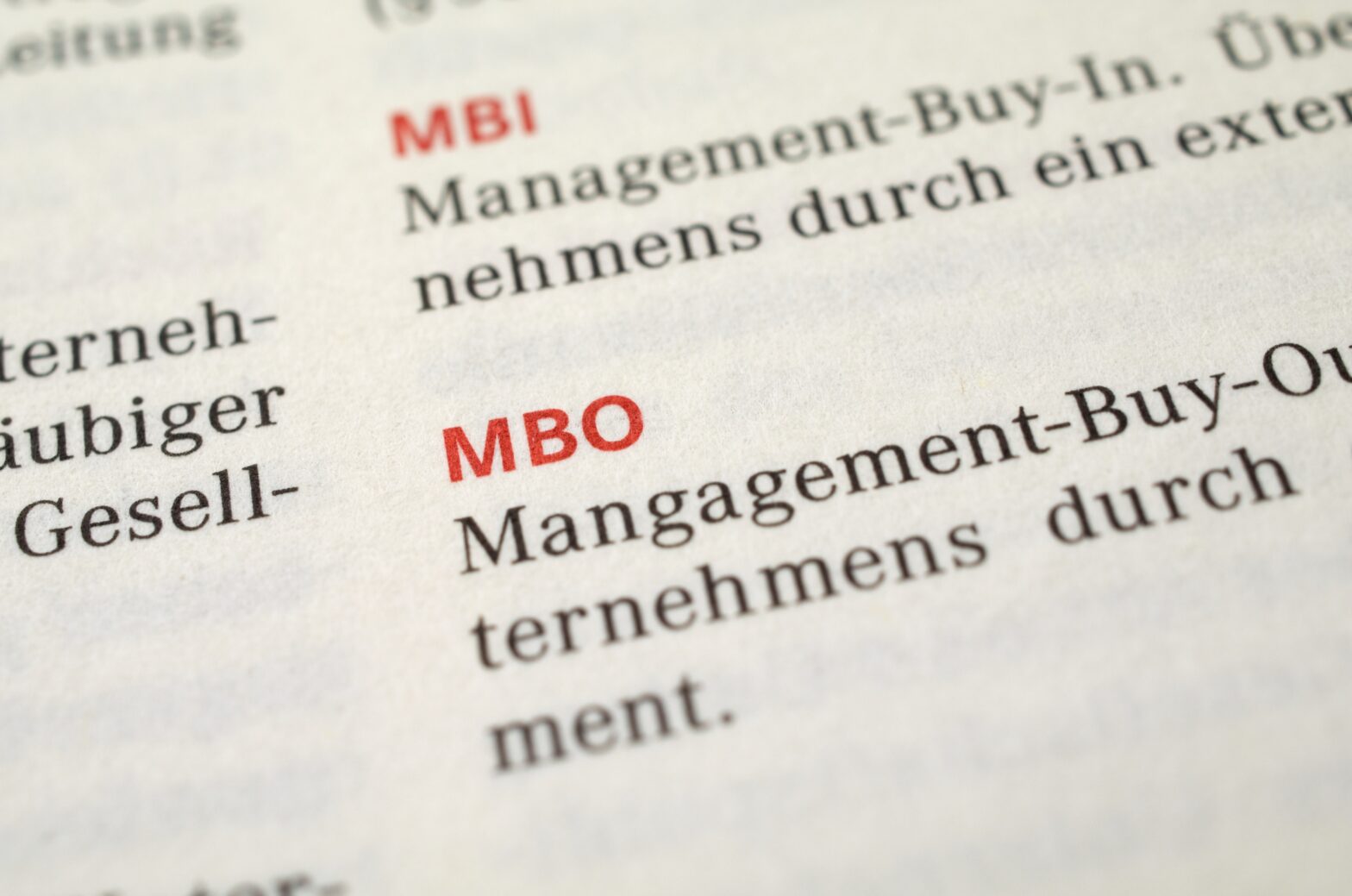There’s a lot of talk about the dearth of merger and acquisition (M&A) activity in the UK and overseas, but this would appear to be a bit of an illusion since business confidence is still sufficiently robust to underpin near record figures for global transactions.
According to Mergermarket, the first quarter of 2013 saw the value of deals total $406 billion (£260 billion). While this was 10.3 per cent down on the corresponding figure for 2012, the former was inflated by the multi-million dollar merger between mining group Xstrata and the commodity trading house, Glencore.
By comparison, the biggest deal in the first quarter of this year was the $27.4 billion purchase of Heinz by Warren Buffet’s Berkeley Hathaway conglomerate and the investment group 3G Capital.
Even private equity, which has taken such a pounding, is bouncing back strongly in the US with buy-outs in the first quarter of 2013 reaching $84.8 billion, which was the highest level since the fourth quarter of 2010.
Since the figures comprise formal offers as well as completed deals, they include the attempted buy-out of Dell by the company’s founder, Michael Dell, and Silver Lake Partners, a private equity investor.
By contrast, the level of buy-outs in Europe where the business cycle is running some way behind the US plummeted by over a third to $17 billion.
More on mergers and acquisitions:
- Finding a winning formula for closing acquisitions
- Agile lower mid-market business key to driving deal flow
- Technology M&A in the UK set for ‘exciting’ year
As far as the UK is concerned, it would seem that the level of M&A activity is still largely inhibited by fragile business confidence, historically low stock market ratings and cautious credit markets.
What has been noteworthy is the trend towards establishing footholds in faster growing emerging markets such as Brazil and India via the purchase of local businesses.
Clearly it makes sense for international companies and global buyout firms to delay buying more assets in slow growth economies and focus attention more on faster growing areas.
The case is made all the more compelling by the fact that company valuations tend to be lower in such countries and many of their currencies have depreciated against Sterling and the Dollar making acquisitions even cheaper. By way of example, the Brazilian real depreciated 10.4 per cent against the US dollar in 2012, while the Indian rupee depreciated 1.7 per cent during the same period.
Now that the Fed is starting to signal the end of Quantitative Easing, emerging market currencies are starting to depreciate still further so that local companies will look even more tempting to Western buyers.
UK merger and acquisition advisers hoping for more deals nearer to home will be hoping that the latest economic growth figures remain surprisingly buoyant and prompt takeover plans to be brought forward. The much-mooted £65 billion cash sale of Vodafone’s stake in its US arm, Verizon, would certainly help to kick-start sentiment.







